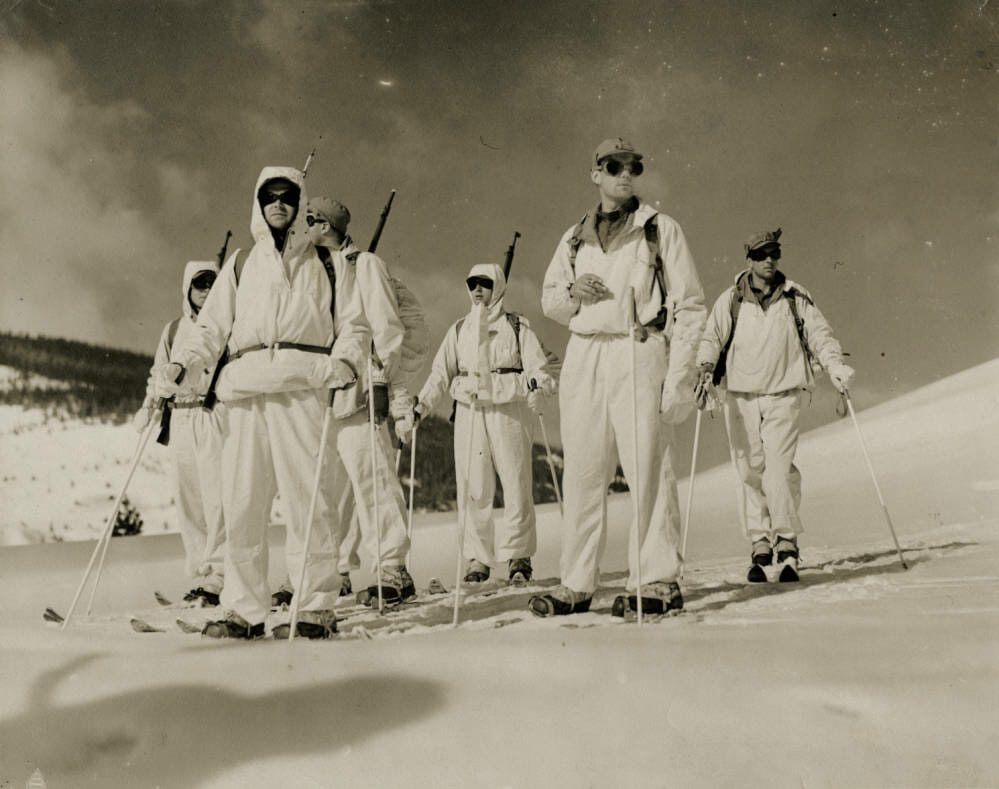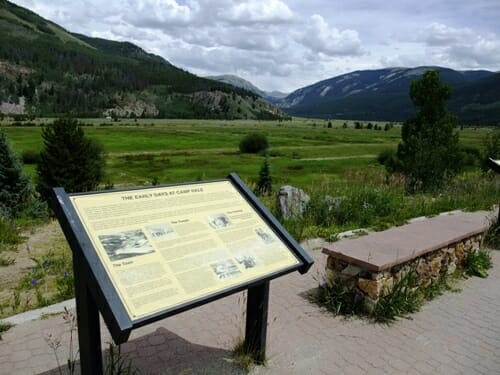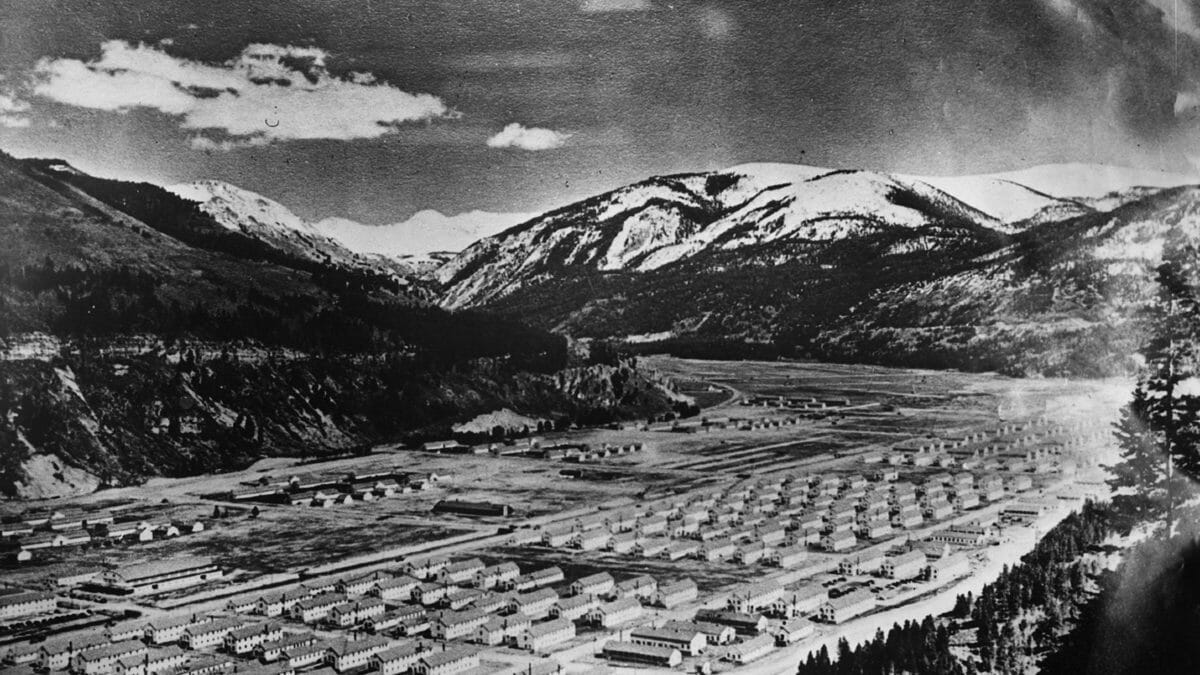President Biden designates his first national monument in the Rocky Mountains, recognizing the history of WWII soldiers who later became the catalyst for America’s burgeoning outdoor recreation economy
Earlier this week, President Biden visited Colorado to honor the U.S. Army’s 10th Mountain Division, which trained at Camp Hale in the Rocky Mountains during WWII to fight Axis forces in Italy’s Northern Apennines in 1945.
Honoring an important victory for the Allies at the Battle of Riva Ridge in the remaining months of the war, the Camp Hale-Continental Divide National Monument is now our nation’s 130th national monument.
“This is the story of America the beautiful,” President Biden said before signing the declaration next to two of the surviving veterans of the division. “You just can feel the power in this place.”
Upon returning home, the soldiers of the Army’s first – and only – mountain infantry division used their knowledge of rugged landscapes to vanquish a new enemy; inaccessible mountain terrain conducive to skiing.
Speaking to E&E News, retired Marine Corps Colonel and Colorado historian Tom Duhs described the impact of these men on America’s outdoor recreation industry.
“We’re talking about from Maine to California — 64 different ski areas were founded and affiliated with 10th Mountain guys,” said Duhs.

Located near some of Colorado’s most well-known ski resorts and the 14,000-foot Quandary Peak, Camp Hale currently sits within the confines of White River National Forest, which offers countless opportunities for outdoor recreation and important ecological diversity.
As part of the designation, the U.S. Forest Service will be responsible for overseeing the 53,804-acre national monument and developing a management plan to preserve the cultural heritage of the region, going as far back as the Ute Tribes that once called this area home.
As part of the monument designation, the Biden Administration also announced additional actions to protect the Thompson Divide in western Colorado, an issue TU has long advocated for through legislation and local organizing.

“Trout Unlimited commends the Biden Administration for not only preserving an important part of both our nation’s military and outdoor recreation heritage, but also ensuring the quality trout water along the Eagle River remains protected for generations of anglers to come,” said Jay Chancellor, Southwest Regional Director at Trout Unlimited. “We also support their consideration of separate protections for the Thompson Divide, where we have been advocating for important recreation opportunities and conservation efforts for years.”
The Biden Administration is moving to prohibit mining and oil and gas drilling for two years on a 225,000-acre parcel of the Thompson Divide as it develops a plan for a 20-year ban.
“A coalition of hunters, ranchers, farmers, outdoor enthusiasts and community leaders have worked for decades to ensure the Thompson Divide area is protected,” said Interior Secretary Deb Haaland. “Today the Biden-Harris Administration is taking an important and sensible step to ensure that we have the science and public input necessary to make informed decisions about sustainable management of public lands in the Thompson Divide area.”
The Divide is home to one of America’s most prodigious elk herds, excellent cutthroat trout habitat and the headwaters to some of Colorado’s most storied trout fisheries, including the Roaring Fork, the Crystal, and the North Fork of the Gunnison.
There are several oil and gas leases that threaten the wild character of the Divide, not to mention water quality. For these reasons, TU has been working with sporting groups and local officials to permanently withdraw sections of the region from future energy development.
“The Thompson Divide announcement is reflective of the years of work TU volunteers, members, and staff have made to bring this issue to our top elected officials,” said Chancellor. “The acknowledgment of this work by Secretary Haaland is indicative of our dedication to bettering the Thompson Divide and similar landscapes across the West.”
With two major wins in one week, TU is looking forward to the new opportunities presented by the monument designation and engaging with the Forest Service to complement its planning efforts in the Divide.
“Truly an incredible week for us,” said Chancellor. “Not quite as impressive as defeating the Axis powers in their own backyard, but an accomplishment nonetheless.”



